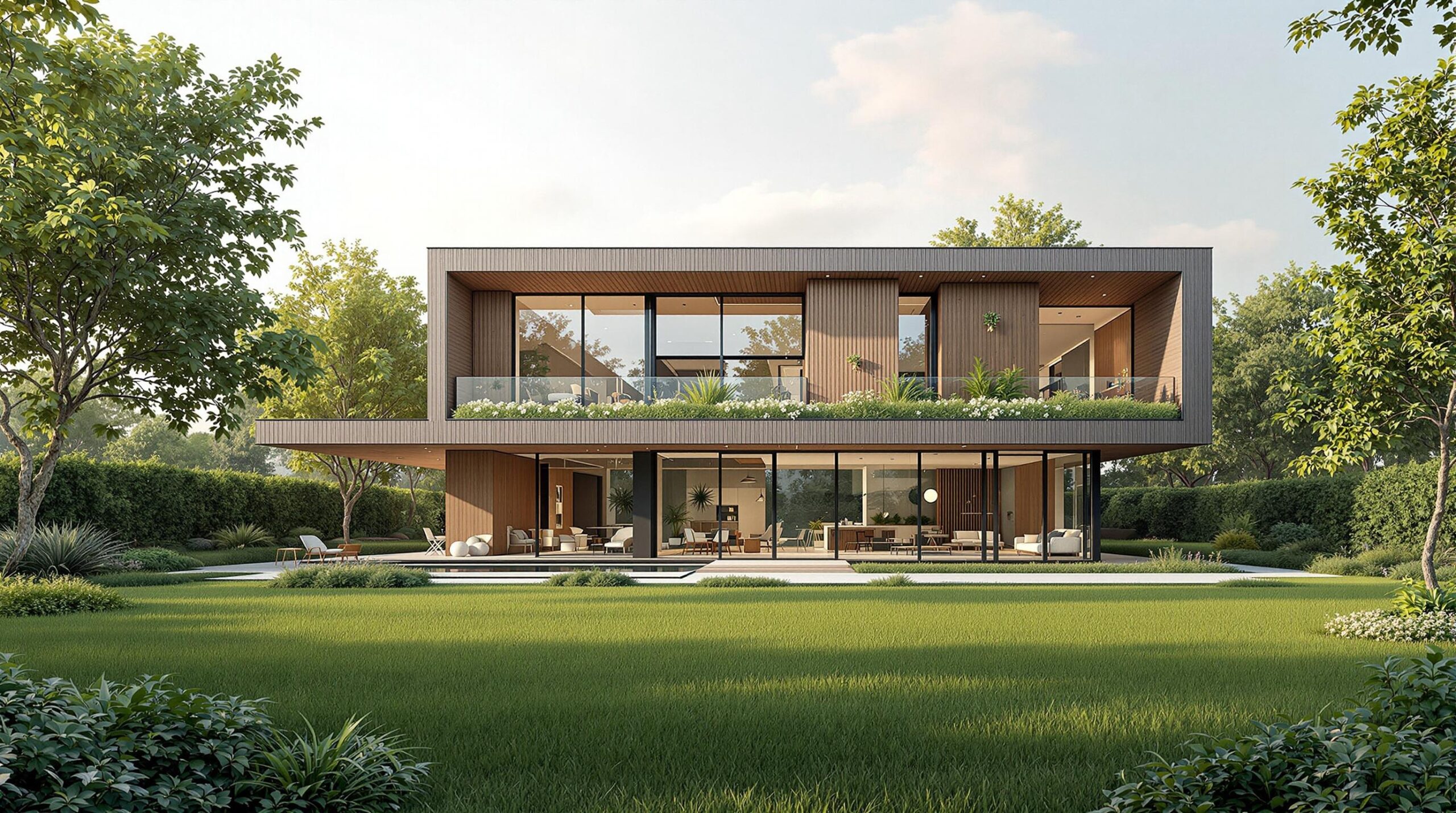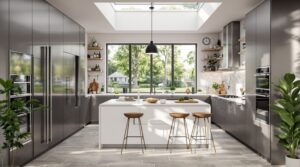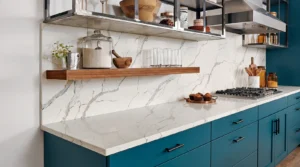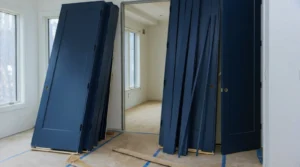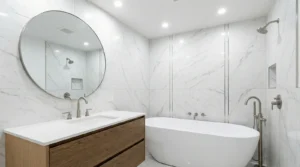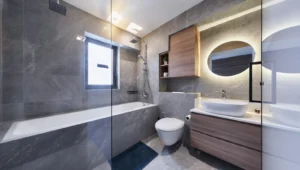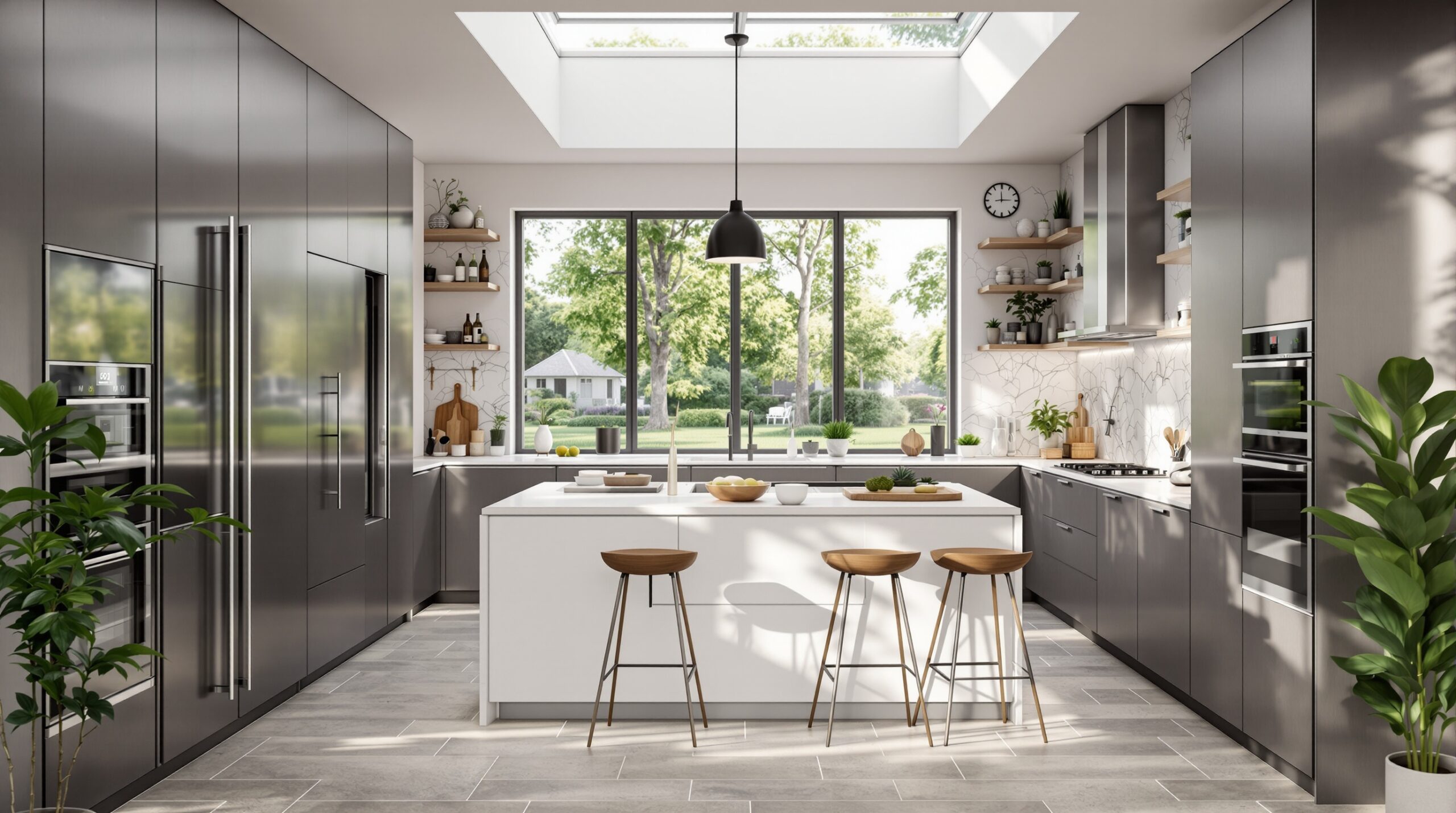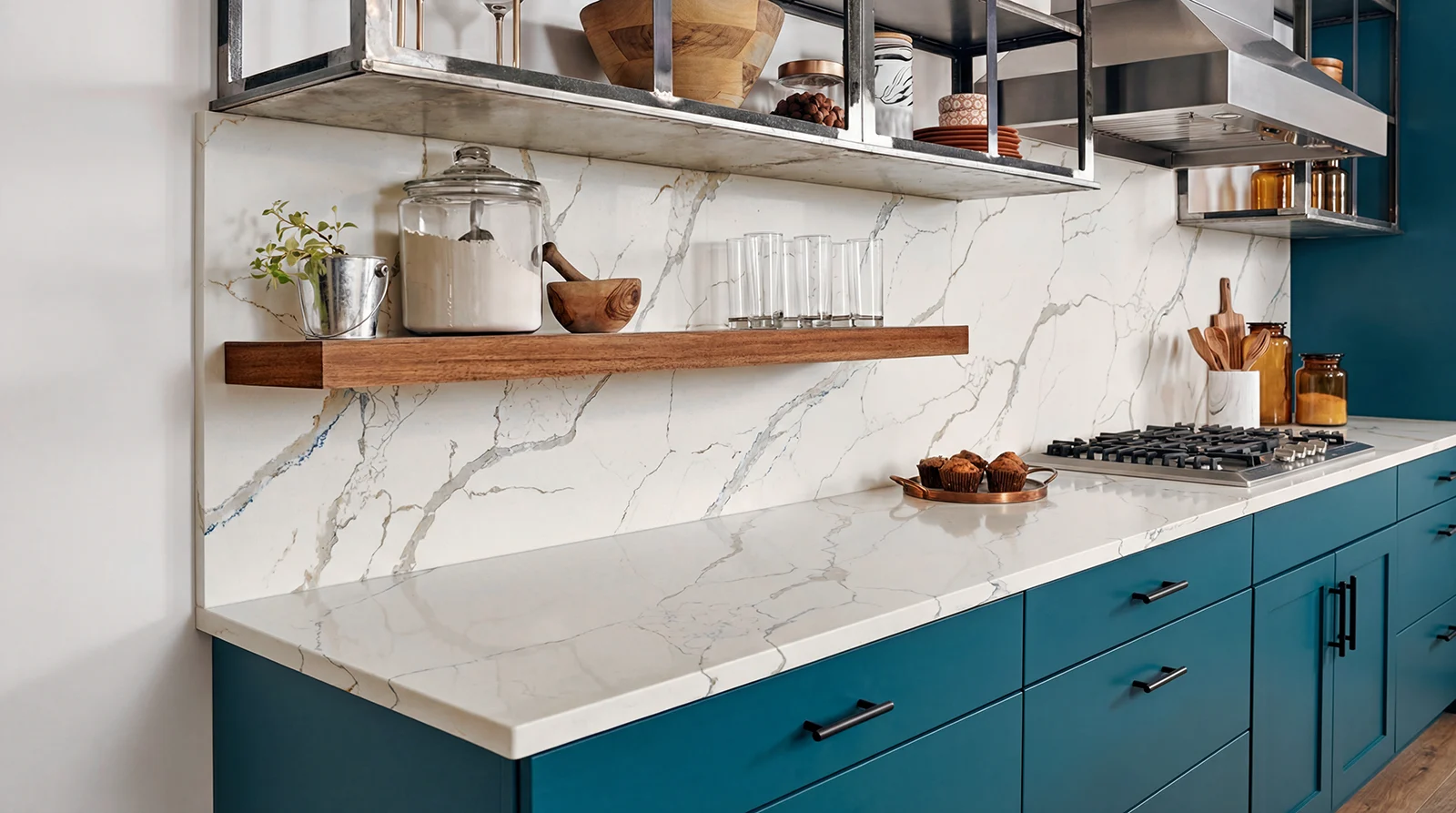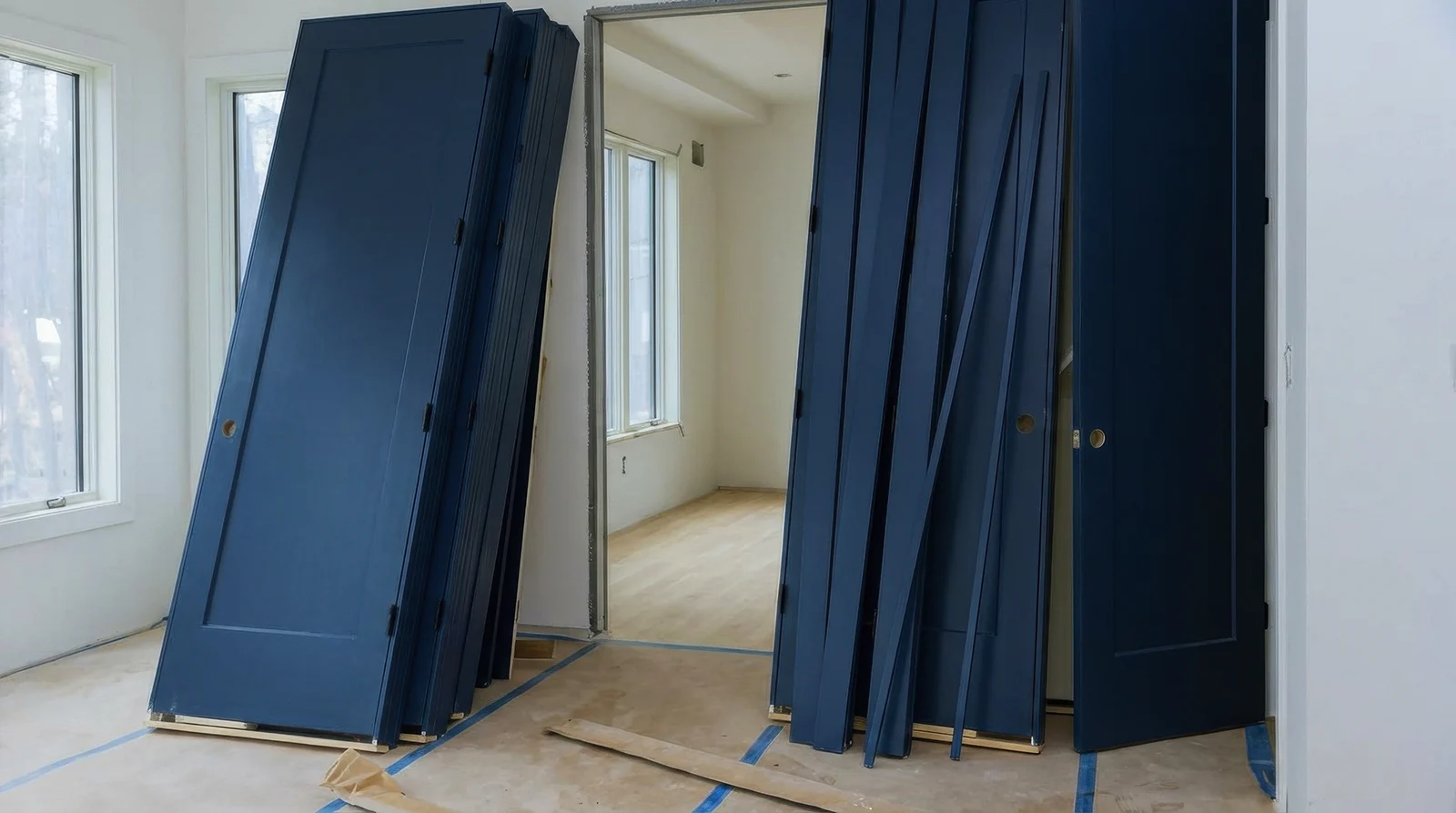Energy-Neutral Renovations: Achieving Net-Zero in Dutch Properties
As the world shifts towards a more sustainable future, the concept of energy-neutral renovations has gained significant attention in the Netherlands. Dutch residents are increasingly looking for ways to reduce their carbon footprint and save on energy costs. In this article, we will delve into the world of energy-neutral renovations, exploring the key concepts, benefits, and practical tips for achieving net-zero in Dutch properties.
Basic Concepts
Before diving into the details of energy-neutral renovations, it is essential to understand some basic concepts. Energy-neutral, also known as net-zero, refers to a building that produces as much energy as it consumes over a year. This is typically achieved through a combination of energy-efficient design, renewable energy systems, and advanced building materials. In the context of the Netherlands, energy-neutral renovations involve upgrading existing properties to meet the country’s strict energy efficiency standards.
The Dutch government has set ambitious targets to reduce greenhouse gas emissions and promote sustainable development. As a result, energy-neutral renovations have become a crucial aspect of the country’s building sector. Homeowners, architects, and contractors are working together to create energy-efficient and sustainable properties that not only reduce energy consumption but also provide a healthy and comfortable living environment.
Benefits of Energy-Neutral Renovations
The benefits of energy-neutral renovations are numerous. Some of the most significant advantages include:
- Reduced Energy Costs: Energy-neutral properties can save homeowners up to 70% on their energy bills, resulting in significant cost savings over time.
- Increased Property Value: Energy-efficient properties are highly sought after in the Dutch real estate market, increasing their value and appeal to potential buyers.
- Improved Indoor Air Quality: Energy-neutral renovations often involve the installation of advanced ventilation systems, which can significantly improve indoor air quality and create a healthier living environment.
- Environmental Benefits: By reducing energy consumption and greenhouse gas emissions, energy-neutral renovations contribute to a more sustainable future and help mitigate climate change.
Practical Tips for Energy-Neutral Renovations
To achieve net-zero in Dutch properties, it is essential to follow a structured approach. Here are some practical tips to consider:
- Conduct an Energy Audit: Before starting any renovation work, conduct a comprehensive energy audit to identify areas of energy inefficiency and prioritize upgrades.
- Insulate and Air-Tighten: Proper insulation and air-tightening are crucial for reducing heat loss and minimizing energy consumption.
- Install Renewable Energy Systems: Consider installing solar panels, wind turbines, or other renewable energy systems to generate electricity and reduce reliance on the grid.
- Upgrade to Energy-Efficient Windows: Energy-efficient windows can significantly reduce heat loss and energy consumption, while also providing natural light and ventilation.
- Optimize Ventilation and Cooling Systems: Advanced ventilation and cooling systems can help maintain a comfortable indoor climate while minimizing energy consumption.
Case Study: Energy-Neutral Renovation in the Netherlands
A recent case study in the Netherlands demonstrated the feasibility and benefits of energy-neutral renovations. A family of four living in a 1960s semi-detached house in Amsterdam underwent a comprehensive energy-neutral renovation, which included:
- Insulation and air-tightening of the building envelope
- Installation of solar panels and a heat pump
- Upgrade to energy-efficient windows and doors
- Implementation of a advanced ventilation and cooling system
The results were impressive, with the family reducing their energy consumption by 75% and saving over €2,000 per year on energy costs. The renovation also increased the property value by 15% and created a healthy and comfortable living environment.
Conclusion
In conclusion, energy-neutral renovations offer a range of benefits for Dutch residents, from reduced energy costs and increased property value to improved indoor air quality and environmental benefits. By following a structured approach and considering practical tips, homeowners can achieve net-zero in their properties and contribute to a more sustainable future. As the Netherlands continues to promote sustainable development and reduce greenhouse gas emissions, energy-neutral renovations will play a vital role in shaping the country’s building sector.
Remember, energy-neutral renovations require a comprehensive approach, taking into account the specific needs and characteristics of each property. By working together with architects, contractors, and energy experts, Dutch residents can create energy-efficient and sustainable properties that not only reduce energy consumption but also provide a healthy and comfortable living environment.

